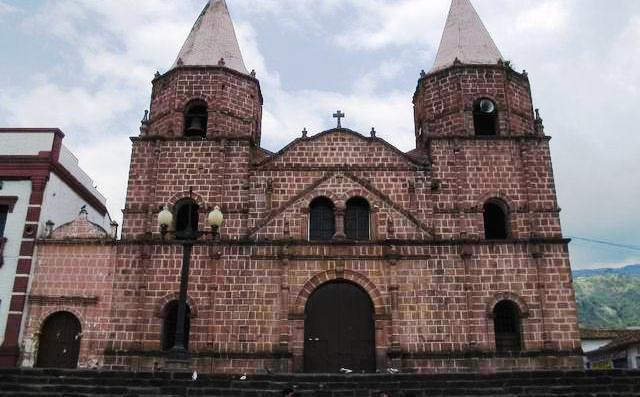Soto, Santander, Colombia
Suggest Place to Visit
2221
Track to location with GPS |
 |
At the request of the Girón parishioners, residing in the Pie de la Cuesta site, the Parish of ´´San Francisco Javier´´ was erected on October 17, 1774 on the plain of San Francisco by the ecclesiastical patronage formed by the authorities. of the Viceroyalty of New Granada (Archbishop, Prosecutor of the Royal Court and Viceroy).
On July 26, 1776, the priest José Ignacio Zabala gathered the main residents of his parishioners to agree on the parish constitution that should govern their jurisdiction regarding alms, congrua, butler, brotherhoods, etc. This agreement was rejected by the majority of parishioners who, since 1774, opposed the election of that priest as their first parish priest, considering themselves deceived by the socioeconomic side represented by the Blas Mantilla family, who had been entrusted with their power before the authorities of Santa Fe. This conflict was settled only in July 1778 when the parties were tried by the Visitor and Prosecutor of the Royal Court, Francisco Moreno y Escandón, during his visit to the province.
At the request of the residents of Girón and parishioners of the parish of San Francisco Javier, King Fernando VII granted that parish the title of ´´Villa de San Carlos´´ on August 16, 1810. Title that allowed it to become a Independent municipality of Girón with Cabildo, rents, mayors, jail and own income. The Law of the Republic of Colombia of June 23, 1824 recognized the existence of that municipality as the ´´Villa de Piedecuesta´´.
It is located 17 km from Bucaramanga, forming part of its metropolitan area. Its territorial extension is 344 square kilometers; We observe an altered geography that offers us countless valleys, plateaus, mountains and hills, territorial accidents that present us with a varied climate, going from the radiant sun of a fishmonger to the mist of the Juan Rodríguez moor.
The municipality limits to the north with Tona and Floridablanca. To the south with Guaca, Cepitá, Aratoca and Los Santos. By the east Santa Bárbara. By the west with Girón.
Limits that in turn demarcate the fragmentations of the municipal relief by the Bucaramanga fault to the east, the seismic node and the Los Santos fault to the south, the Suárez river fault to the west, and the Ruitoque and Oro de Oro faults to the north . All of which has led to the inhabitants adapting to the socio-environmental conditions of life caused by the Andean thermal floors and the seismic dynamics of the region.
Due to its location in the Eastern Cordillera, Piedecuesta is a water-producing municipality. Here 3 rivers are born: Oro, Hato and Manco and 12 streams.
Agriculture is the main pillar of the Piedecuestana economy. Due to the variety of the relief and consequently to the thermal floors, there is a diversity of products. Its topographic situation has high parts, where corn, peas, wheat, onion, vegetables, arracacha, different pastures, vegetables and some fruit trees are grown. The lower part rich in sugar cane, corn, tobacco and banana. In the temperate part, cassava, tomato, cane and tobacco are grown. The basic products of the Piedecuestan economy are sugar cane and tobacco.
The industry is based on the following lines:
Manufacture of Tobacco and Cigarettes.
Elaboration of Panela.
Fique Industry.
Pottery Industry.
Food industry.
Leather Industry
Large producer of blackberry
Studies carried out show the existence of: unexploited limestone, fluorite, lead, mercury and granite. The only minerals that have been exploited, although in minimal quantities, are lime and clay. From the beaches that form the rivers, gravel and sand are used for construction.
The most important cultural, artistic, religious and tourist event in Piedecuesta is Holy Week organized by the Municipal Mayor's Office and presided over by the Parish of San Francisco Javier. The other Catholic parishes of the Municipality also organize and celebrate Holy Week in their neighborhood and village ecclesiastical jurisdictions. The Holy Week of Piedecuesta held in the La Libertad park and through the streets of the El Centro neighborhood has a religious tradition that dates back to the origins of the Parish of San Francisco Javier in 1774.
Considered the Greater Week of the Piedecuestans, it has a magnificent processional, artistic and organizational display managed and preserved by the Corporación Semana Santa de Piedecuesta, which constitutes it the main intangible cultural heritage of the Municipality. Its religious imagery and its inter-institutional organization are factors that enhance the main religious event of the Catholic religious majority year after year as local, metropolitan, national and international parishioners participate in their Eucharistic and processional rituals with great faith, spiritual dedication and deep devotion.
With more than a century of tradition and penitential dedication to Jesus Christ, the Hermandad de Jesús Nazareno of the San Francisco Javier parish is the parochial brotherhood that adorns and promotes the conservation of the religious heritage of the town. This religious community has more than 300 active members who participate very fervently in each of the acts that make up Holy Week in Piedecuesta. Added to the work of the Nazarenes are the apostolic groups, among which is the ´´Cirineo´´ (or the cargueros), the family or institutional brotherhoods in charge of preparing the processional steps and the educational institutions of the Municipality that parade with their musical bands and their student delegations during each day of the Easter triduum. Other places of cultural interest that Piedecuesta offers are the hill ´´La Cantera´´ (from the monument of the Virgin of La Cantera or La Gruta de ´´la virgen de Monguí´´), the landscapes and spas of the Umpalá-Pescadero district in the foothills of the Chicamocha National Park (PANACHI) and, the central and main park of the city, rebuilt and officially known as the ´´Parque de la Libertad´´, which has two Catholic churches (Perpetuo Socorro and San Francisco Javier) separated by the Municipal Palace (municipal house or town hall).
Summer Festival in Pescadero January 8 to 10
Holy Week, listed as one of the three best nationally.
Piedecuestanidad Week. July 26-30
Cultural Carnival. With the participation of the Barranquilla carnival delegation
Alfredo Camargo Acevedo National Theater Festival (September)
Seville mora festival
Comments
We don´t have yet any comments about:
village foot of the slope
village foot of the slope
Be the first to leave a comment as it is very important to inform other people
Outros locais a visitar
Within a radius of 20 km from:village foot of the slope
Floridablanca |
| 9,7 Km |
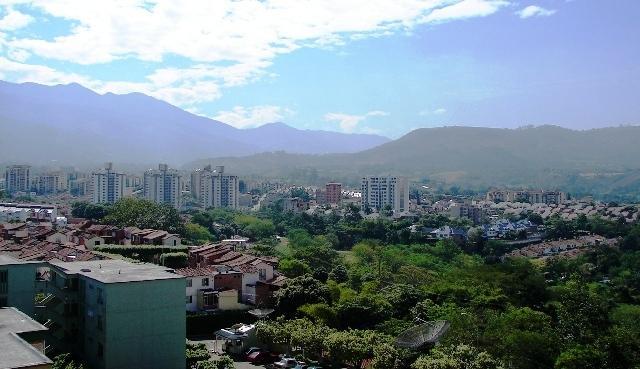 |
House of Culture |
| 16,1 Km |
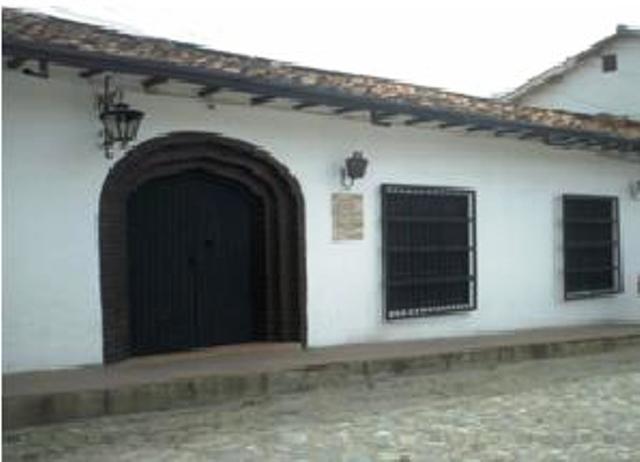 |
Town Hall and Government House |
| 16,1 Km |
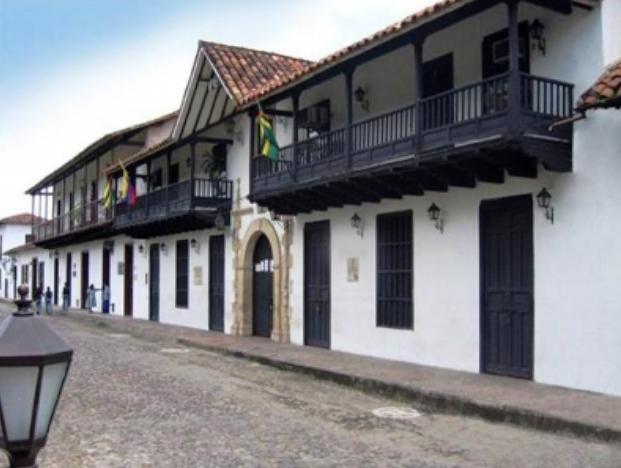 |
Frayle Mansion Museum |
| 16,1 Km |
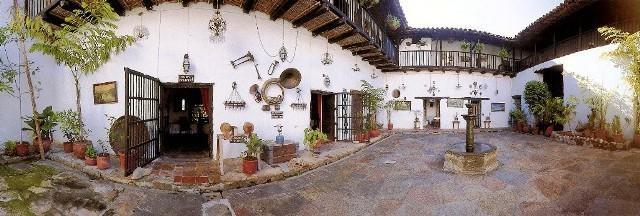 |
Chapel the Lord of Miracles |
| 16,3 Km |
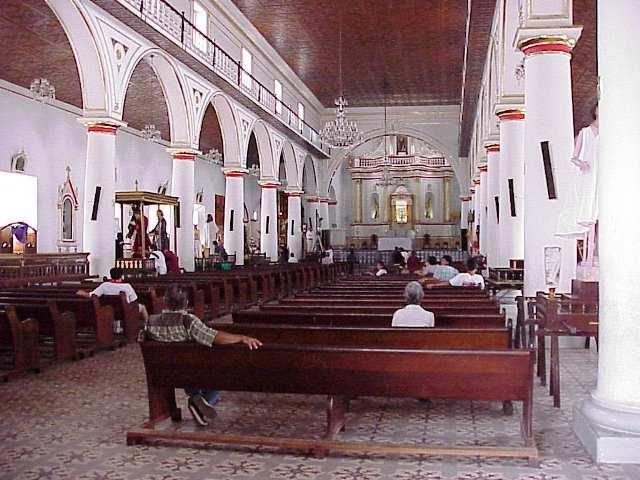 |
The Snow Park |
| 16,3 Km |
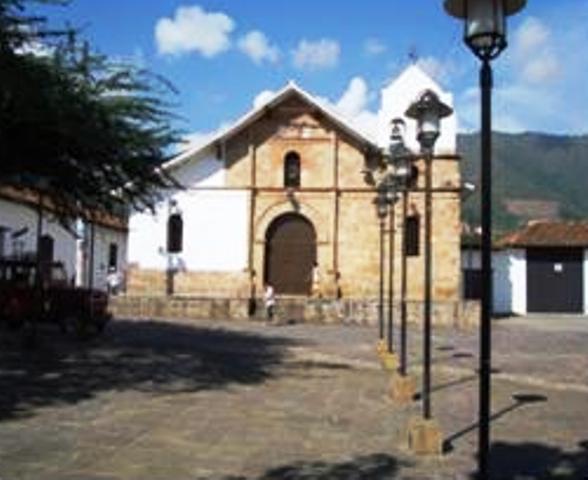 |
Peralta Park the Park of Lovers |
| 16,3 Km |
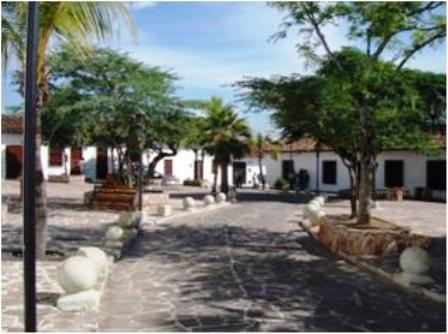 |
Bucaramanga |
| 16,6 Km |
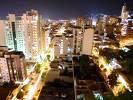 |
Museo Francisco de Paula Santander |
| 16,7 Km |
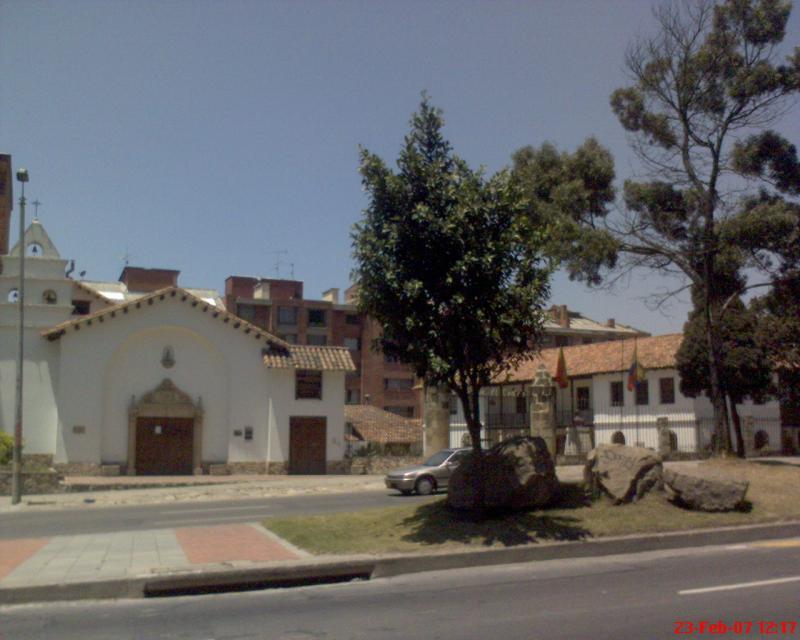 |
Girón |
| 16,8 Km |
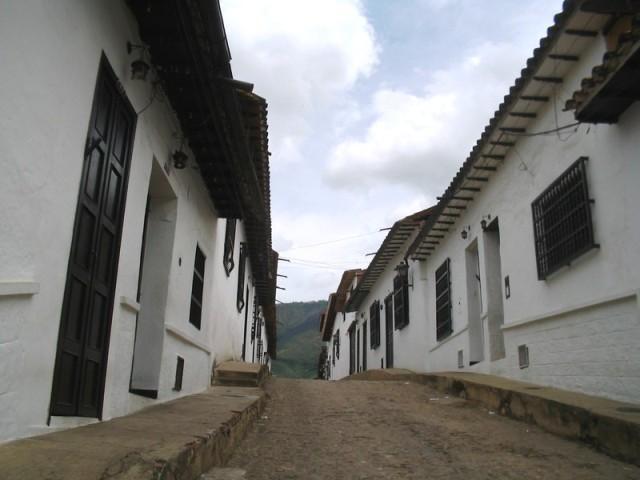 |
Museo de Arte Moderno de Bucaramanga |
| 16,8 Km |
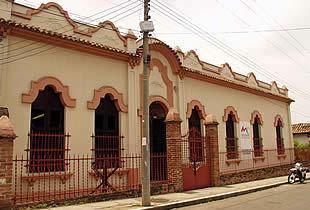 |
Custodio García Rovira House of Culture |
| 17,0 Km |
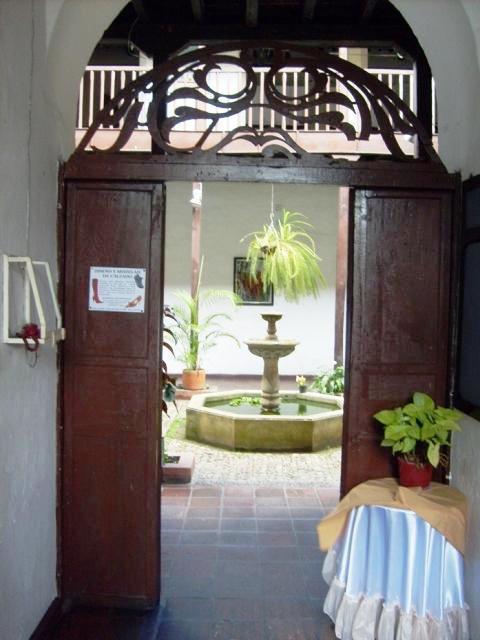 |
House of Bolivar de la Academia de Historia de Santander |
| 17,1 Km |
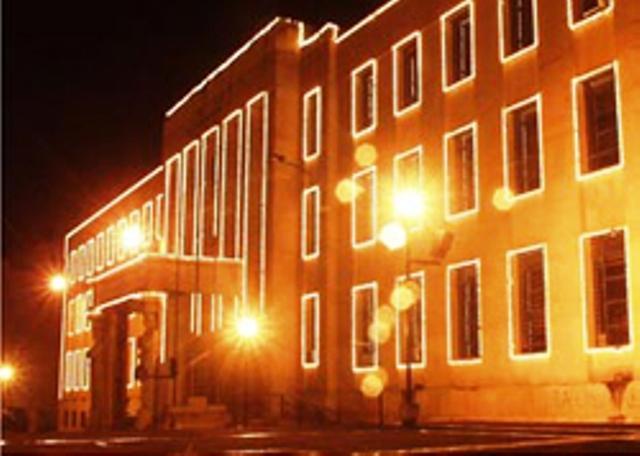 |
Museo Nacional del Tiple |
| 17,4 Km |
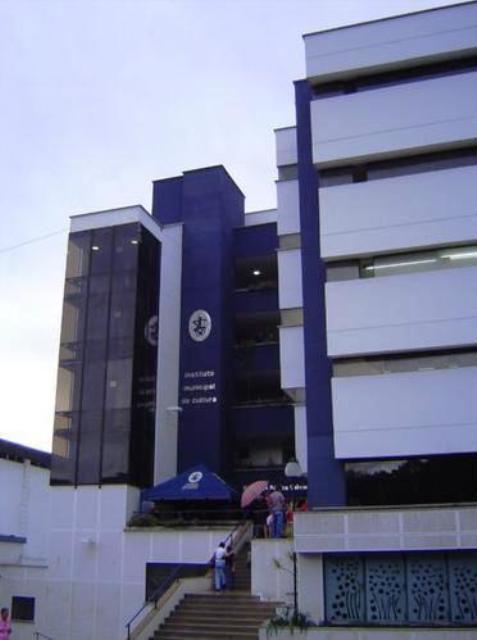 |
Chicamocha canyon |
| 17,9 Km |
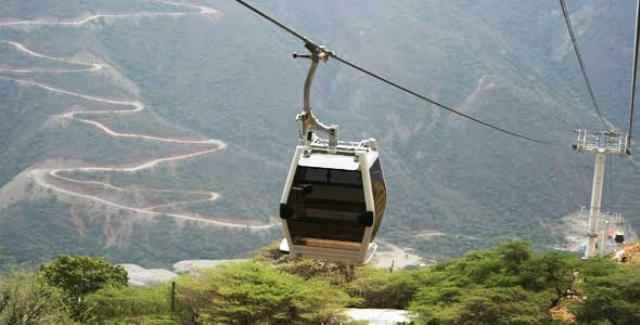 |
Hotel reservation near village foot of the slope within a radius of 20 km
Why to book with BOOK HOTEL MADEIRA
The best prices
Our partnerships with the world´s largest operators offer research on the best market prices.
More options
At Rotas Turisticos you can book the hotel, buy the air ticket, book the transfer from the airport to the hotel and vice versa, book the local excursions, rent the car, take travel insurance and consult the places to visit and where to go.
Holiday Tips & Destinations
Hundreds of holiday destinations with all the options that allow you to easily choose the destination that best suits your dream vacation.
BOOK HOTEL MADEIRA
Links


